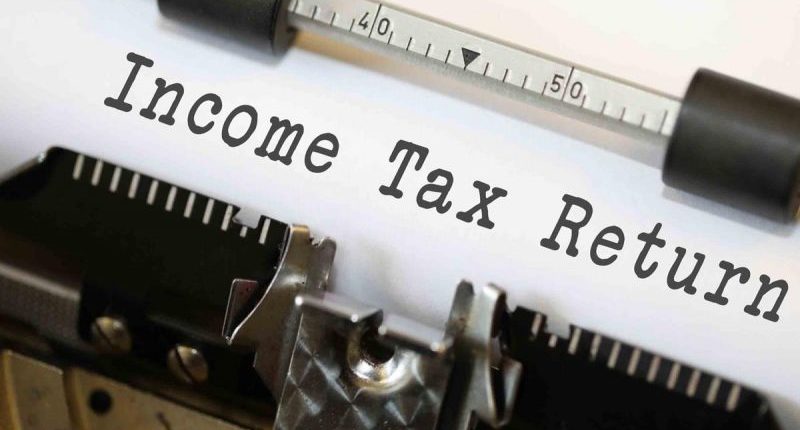The income of religious and education trusts is mostly tax-free. That is, 15% of the income is completely exempted, while the remaining 85% gets exempted based on certain conditions. This has led to money laundering at such trusts as they seem a safe place to accumulate funds from anonymous sources.
Tax Rules on Trusts
The government has taken measures to avoid wealth accumulation in trusts from anonymous donations by imposing 30% tax on the amount received. The amount is taxable if it is not spent on charity or if the funds are utilised for personal gains.
Also, 85% of the income gets a tax exemption only when that sum is spent within a period of five years on charity-related activities. Otherwise, this sum will become taxable.
Area of Accumulation
The 15% of the total, which is not taxable, is the actual sum that gets accumulated over the years. To avoid the misuse of tax exemptions, the government has been planning to introduce a lock-in period on this sum. Also, cash withdrawal of this sum may not be easy anymore.
Also Read: Income tax department may extend ITR filing deadline of July 31
Tax Declaration of Trusts
All charitable trusts must declare their investment plans and file income tax returns with ITR-7 Form. The unspent money within trust accounts is growing faster every year, whereas the number of trusts filing returns is decreasing.
Tax officials have also noticed a considerable gap between the actual taxable income and the declared taxable income. India Today reports that the total taxable income of about 1.5 lakh trusts has seen exponential growth from Rs.3.10 lakh crore as in 2014 to Rs.4.95 lakh crore as in 2017.
In contrast, these trusts have only declared an income of Rs.883 crore for the financial year 2017. This marks the necessity to examine and scrutinise the accounts of trusts.
Individuals are donating funds to trusts so they can spend that money in the name of trust for their personal gains. For example, trusts may purchase an asset from the donation provided by a party and give it back to the donor for personal use.
In the case of a property, the rental income from the property could go back to the donor. However, the purchase will be made in the name of the trust.
It is high time for the government to dig into each trust’s account and figure out the extent of misuse. Also, penalising trusts that have misused the law can create a sense of fear for future misdoings.





